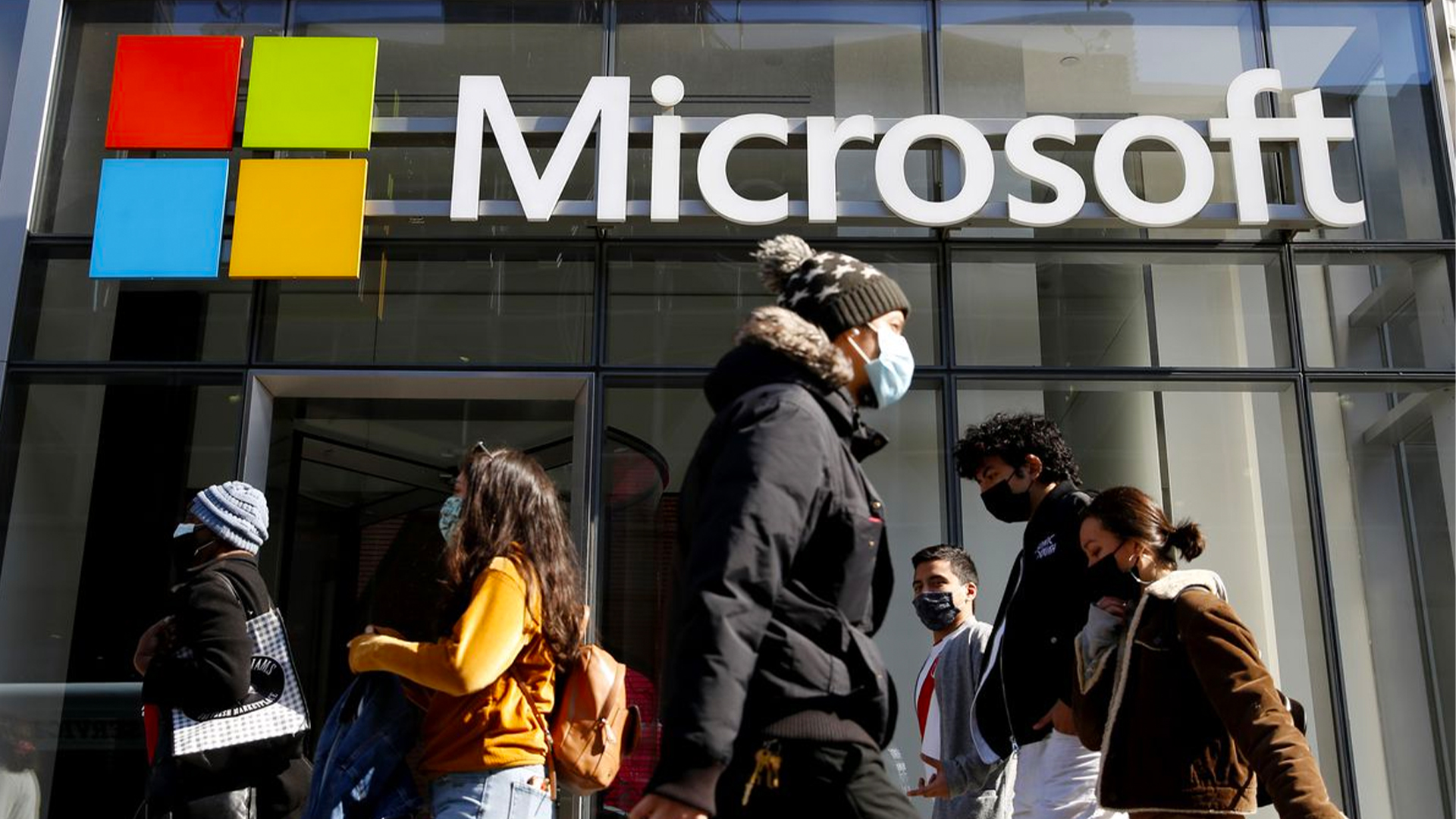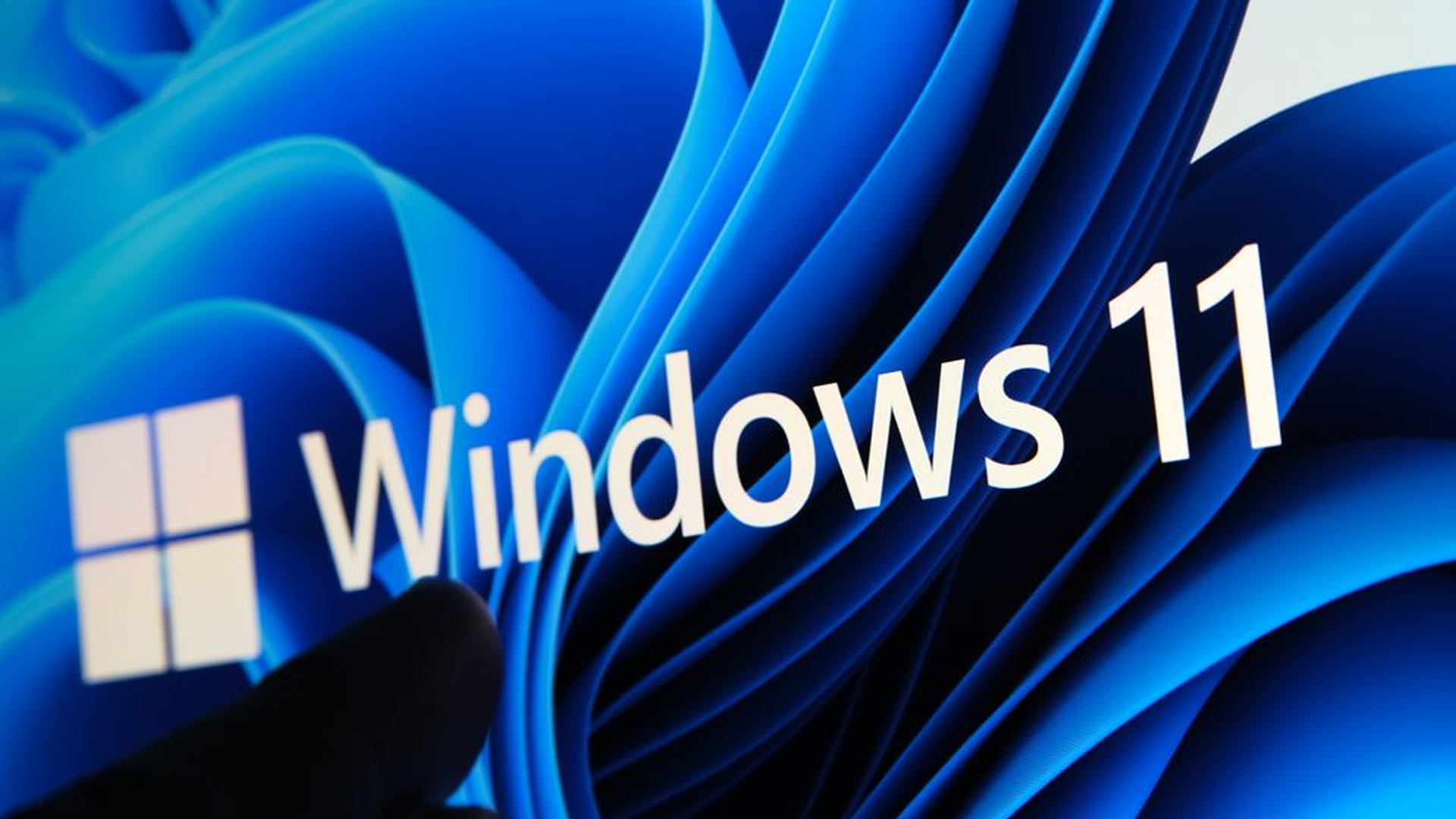Sophos has announced an agreement with bit.ly, a utility used to shorten, share, and track links, to assist them in protecting users against visiting webpages that may contain a malware, spam or phishing threat.
According to SophosLabs, 23,500 new infected webpages are discovered every day – four times worse than in 2007. Organizations have become increasingly concerned about the rise in malicious attacks taking place via social networking sites, as well as the risks of users revealing sensitive personal or corporate data online.
Over a third of social networking users report that they have been spammed via social networking sites, and more than 20% reporting that they have been the target of malware - with cybercriminals often using shortened links to disguise their attacks.
“bit.ly is committed to protecting its users from spam and malware,” says Andrew Cohen, general manager at bit.ly. “Services like Sophos are an important part of building trust.”
bit.ly currently filters all links through several independent services to check for spam, suspected phishing scams, malware, and other objectionable content. It also enables users to preview any page by adding a “+” to the end of a bit.ly URL. Given the rapidly growing use of bit.ly on the web, and specifically on micro-blogging sites such as Facebook, Twitter, CNN, twitterfeed, there is a danger that cybercriminals could try to exploit bit.ly links in order to infect users.
“Web 2.0 sites allow users and communities to share links with each other faster and with greater flexibility than ever before - but hackers can also take advantage of the rapid exchange of information to spread malware and phishing threats,” said Rainer Gawlick, Chief Marketing Officer at Sophos. “bit.ly is showing it is a responsible member of the internet community by looking to Sophos and other security specialists to better protect its huge user base.”


)




)
)
)
)
)
)
)
)